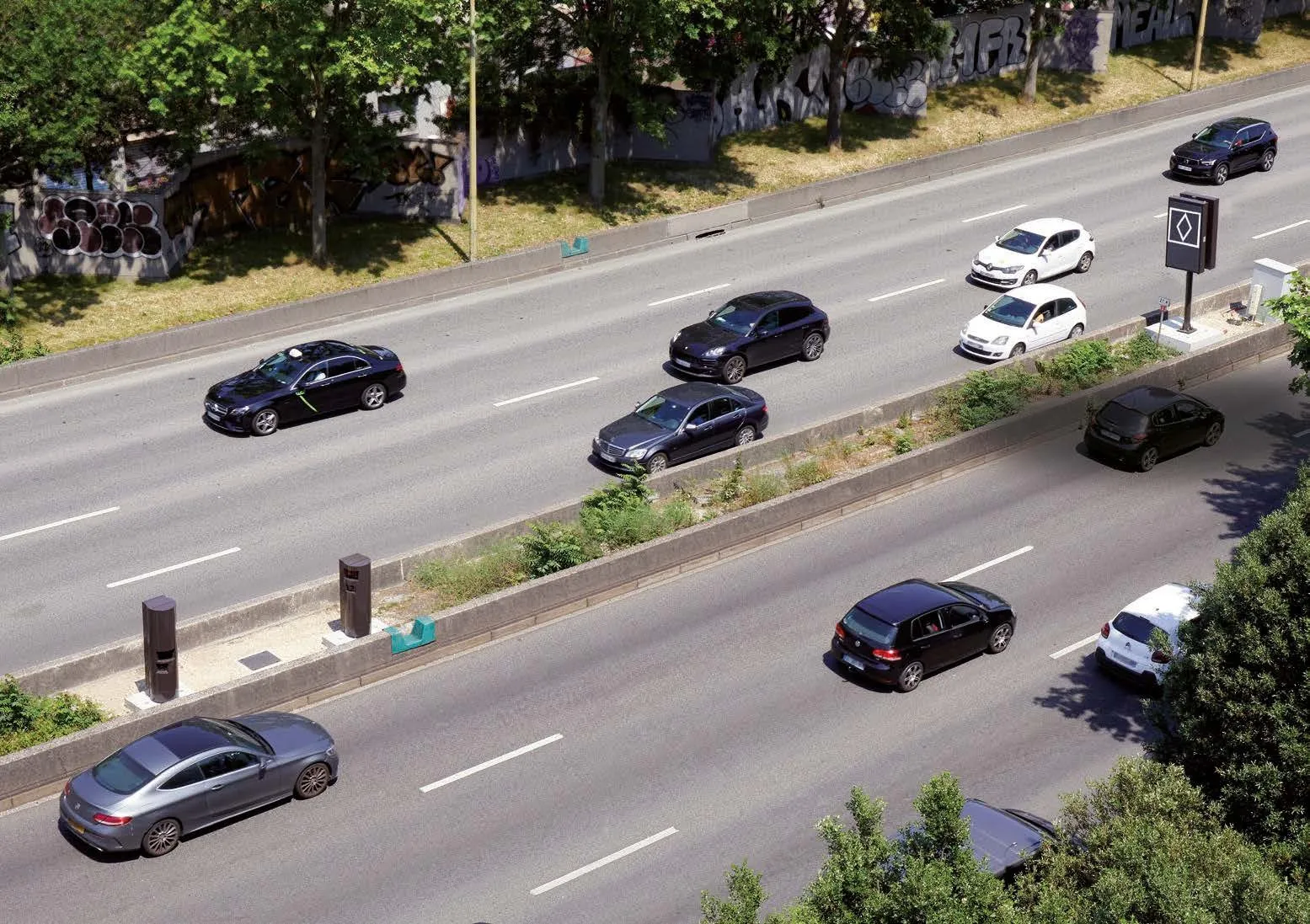In a bid to reduce congestion during peak hours, Abu Dhabi transport authorities have completed the installation of smart systems to control traffic lights at key intersections depending on the number of cars on each side.
Officials said the system has been installed at 56 junctions in Abu Dhabi city and outskirts and described it as one of the world’s most advanced traffic management systems involving smart applications and ground sensors.
The new system uses in-road sensors to detect the number of v
November 14, 2014
Read time: 2 mins
In a bid to reduce congestion during peak hours, Abu Dhabi transport authorities have completed the installation of smart systems to control traffic lights at key intersections depending on the number of cars on each side.
Officials said the system has been installed at 56 junctions in Abu Dhabi city and outskirts and described it as one of the world’s most advanced traffic management systems involving smart applications and ground sensors.
The new system uses in-road sensors to detect the number of vehicles at the intersection and automatically switches between lights depending on the number of cars on the sides of the intersection.
Transport department roads director Faisal Al Suweidi said “This is a very advanced traffic management system and will largely ease traffic congestion in the city…it will also reduce petrol consumption and consequently cut pollution levels in the air.”
Officials said the system has been installed at 56 junctions in Abu Dhabi city and outskirts and described it as one of the world’s most advanced traffic management systems involving smart applications and ground sensors.
The new system uses in-road sensors to detect the number of vehicles at the intersection and automatically switches between lights depending on the number of cars on the sides of the intersection.
Transport department roads director Faisal Al Suweidi said “This is a very advanced traffic management system and will largely ease traffic congestion in the city…it will also reduce petrol consumption and consequently cut pollution levels in the air.”










